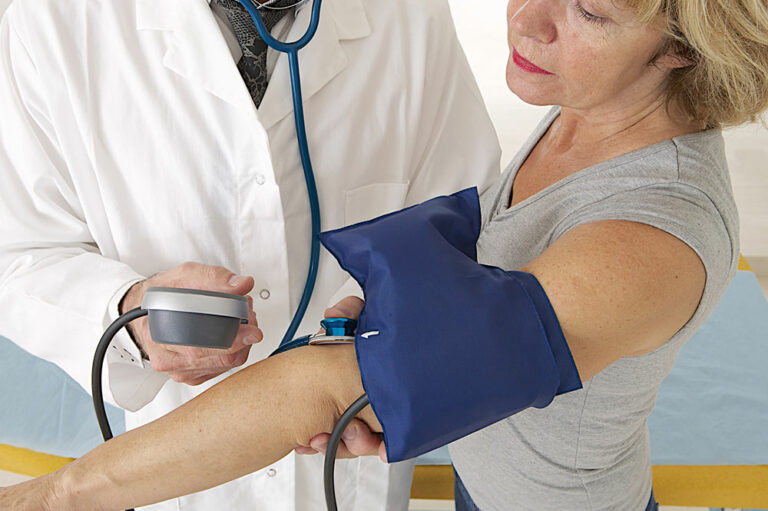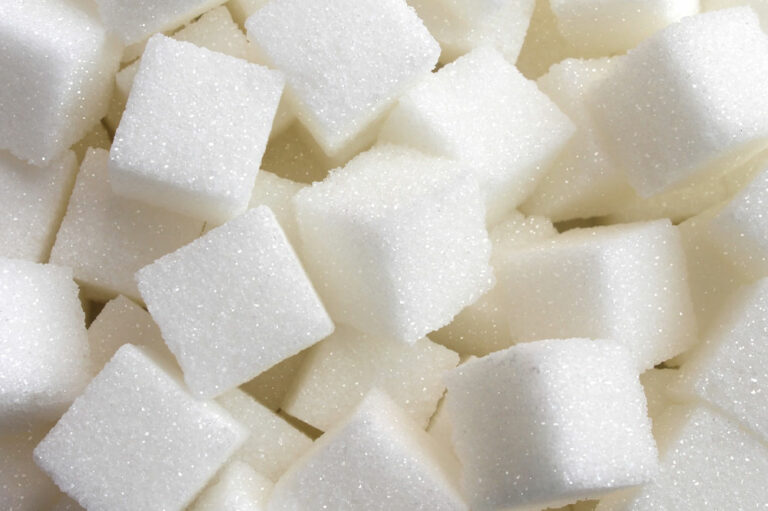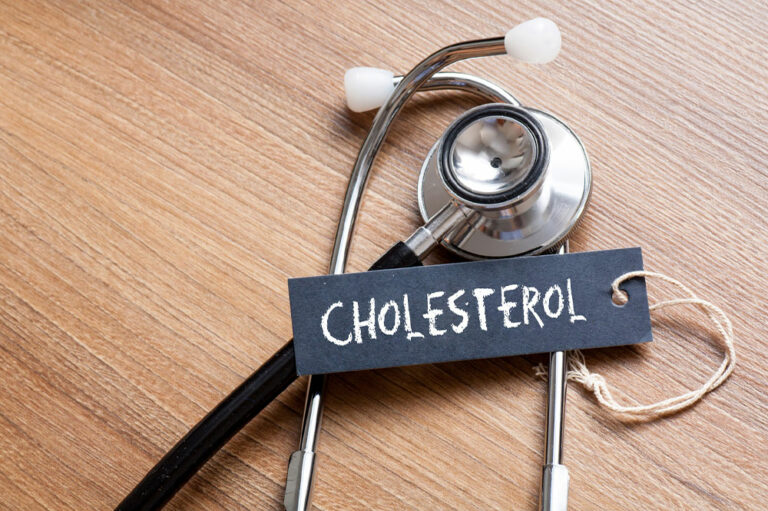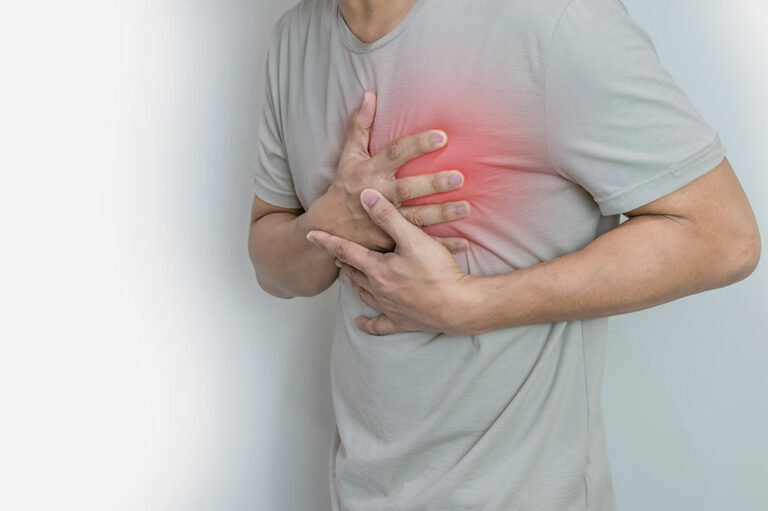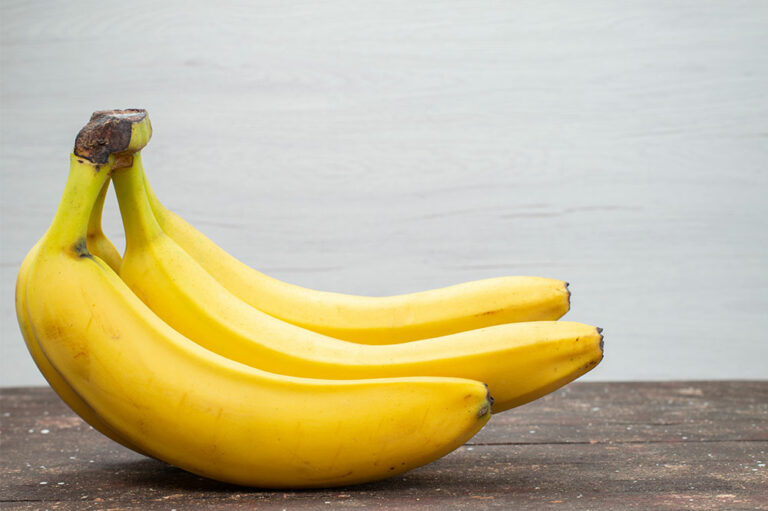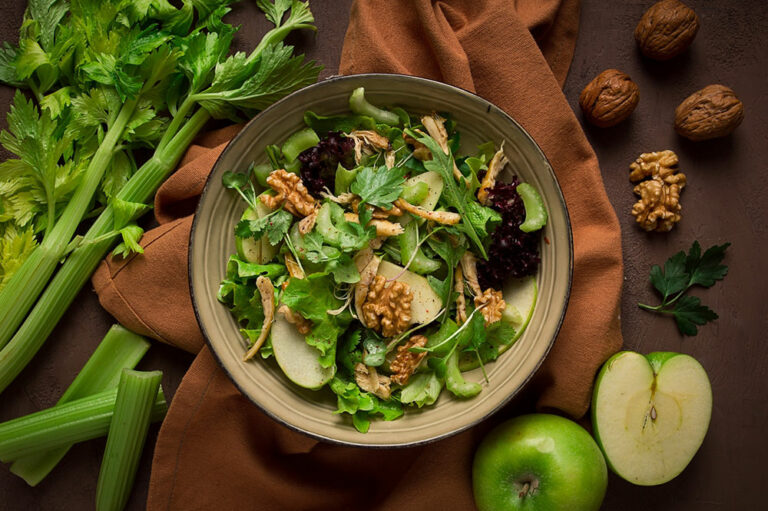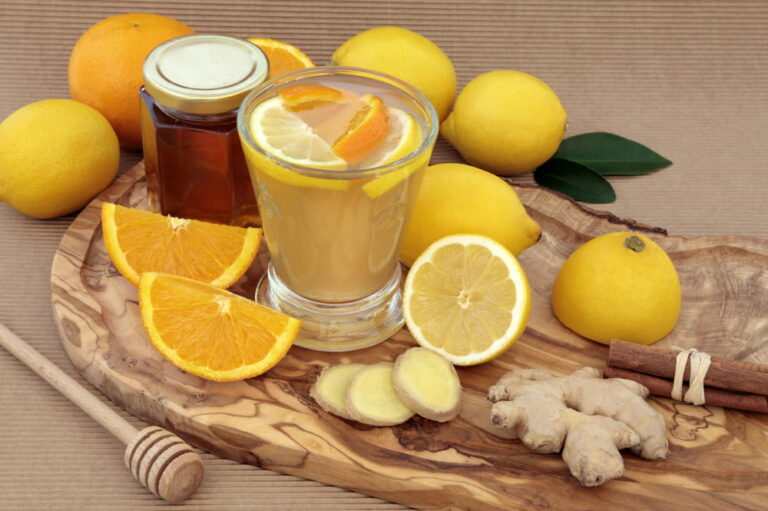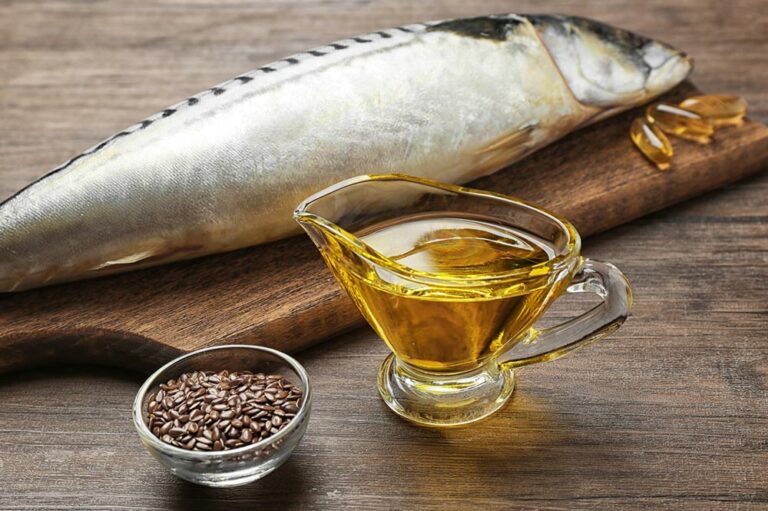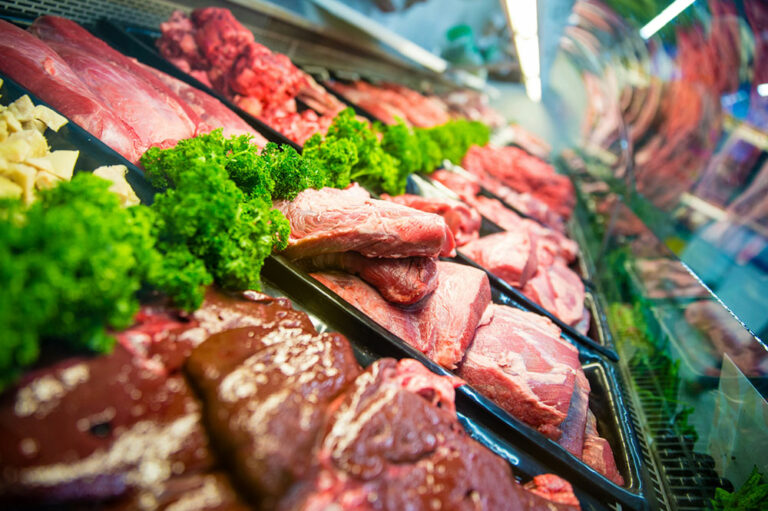4 nutrition tips to combat pulmonary arterial hypertension
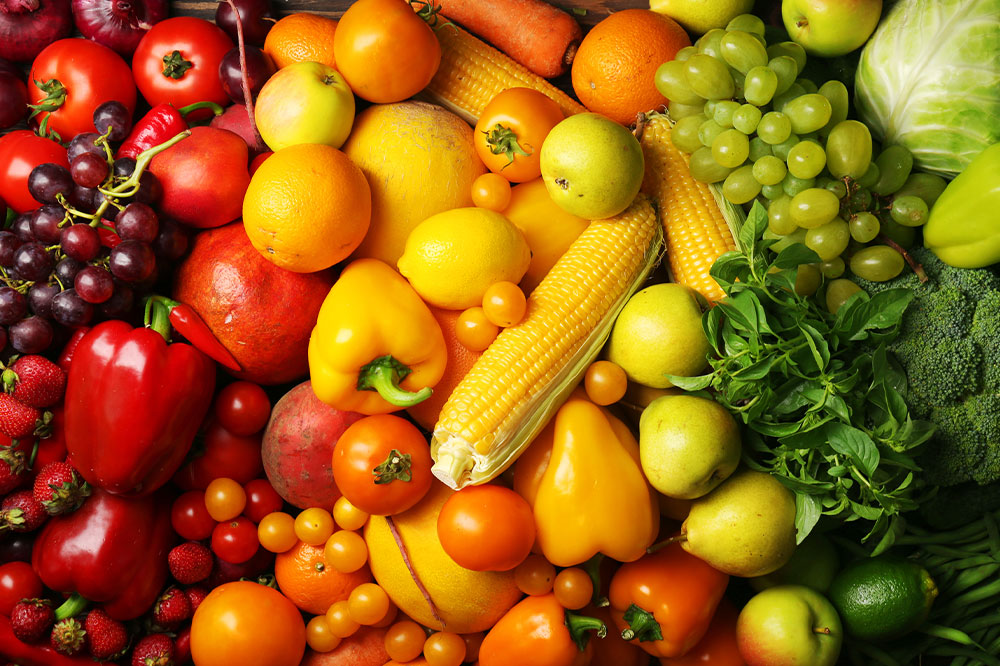
Pulmonary Arterial Hypertension, or PAH, is a serious health condition affecting a person’s circulatory system. People with this condition suffer from high blood pressure in the arteries that carry blood to their lungs. Nutrition plays a key role in addressing PAH and its nasty symptoms. Therefore, eating the right foods can help people manage this condition and improve the quality of their daily lives. Some nutrition tips for managing PAH are:
Limiting intake of processed food
Processed foods are loaded with unhealthy fats, sodium, and refined sugars. These elements trigger undesirable scenarios such as inflammation, growing belly fat, and blocked blood vessels in the frequent consumers of processed foods. On the other hand, these foods are desperately low on nutrients like fiber, minerals, and vitamins. This deprives those living with PAH of the essential nutrients needed to function efficiently.
However, the worst aspect of processed foods such as breakfast cereals, canned cheese, white bread, tinned vegetables, crisps, pizza, French fries, cakes, and biscuits is the high percentage of chemical preservatives and additives they contain. These elements can disrupt the functioning of a person’s organs and bodily systems if regularly consumed.
Therefore, staying clear of processed foods is one of the biggest nutrition tips to manage PAH.
Increasing consumption of high-iron foods
PAH symptoms worsen when people with this health condition do not consume as much iron as they need. Iron is essential to maintain healthy blood circulation throughout the body. Therefore, one must incorporate foods such as red meat, dark leafy greens, beans, nuts, dried fruit, whole meal pasta and bread, oats, and tofu, in their daily meals.
Eating fresh fruits and veggies every day
Fresh fruits and vegetables contain naturally occurring vitamins and minerals that the body requires for the effective functioning of all its systems. Moreover, people with PAH find it more challenging to absorb nutrients due to their blood circulation issues. So, they are likely to have a greater deficiency of nutrients. To cover up for that, they need to eat fresh berries, citrus fruits, white potatoes, peppers, tomatoes, apples, and spinach daily.
Apart from fresh fruits and vegetables, it is also beneficial to consume fortified cereals, milk, fresh fruit juices (not packaged ones), and fatty fish such as tuna, mackerel, and salmon.
Reducing salt in one’s daily meals
Salt may be a key tastemaker in most people’s foods, but excessive salt intake can also mess with a person’s body. Due to its molecular properties, salt retains more fluids than necessary. This puts unnecessary pressure on the right side of a person’s heart. After that, people will feel symptoms such as increased blood pressure, hypertension, shortness of breath, water retention in the lungs, and abdominal swelling. Due to these reasons, it is advisable to include salt in one’s food in moderate quantities.
While all these nutrition tips help combat PAH, it is still advisable for people with this condition to consult a doctor before making extensive changes in their daily meals.

